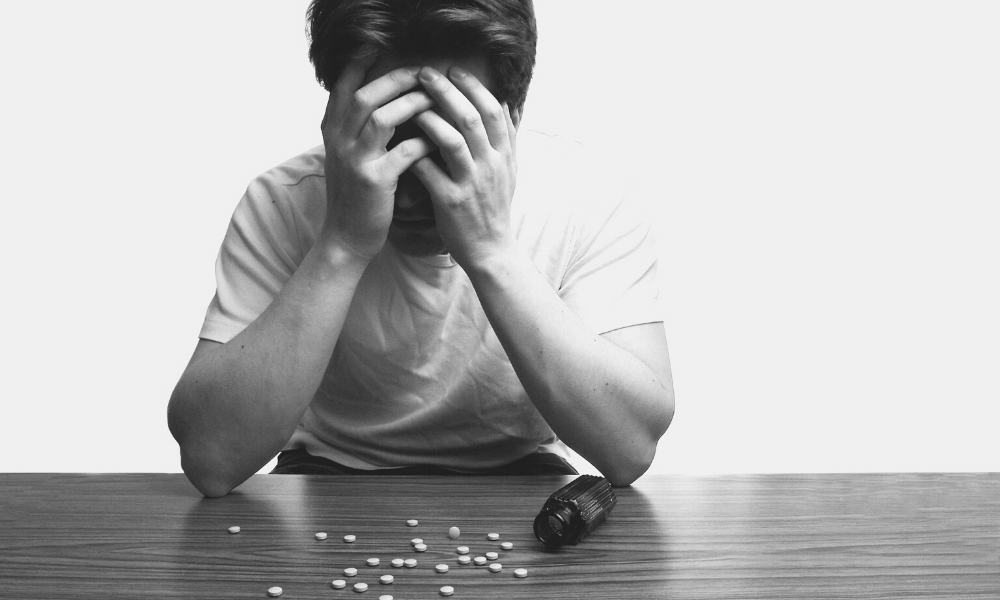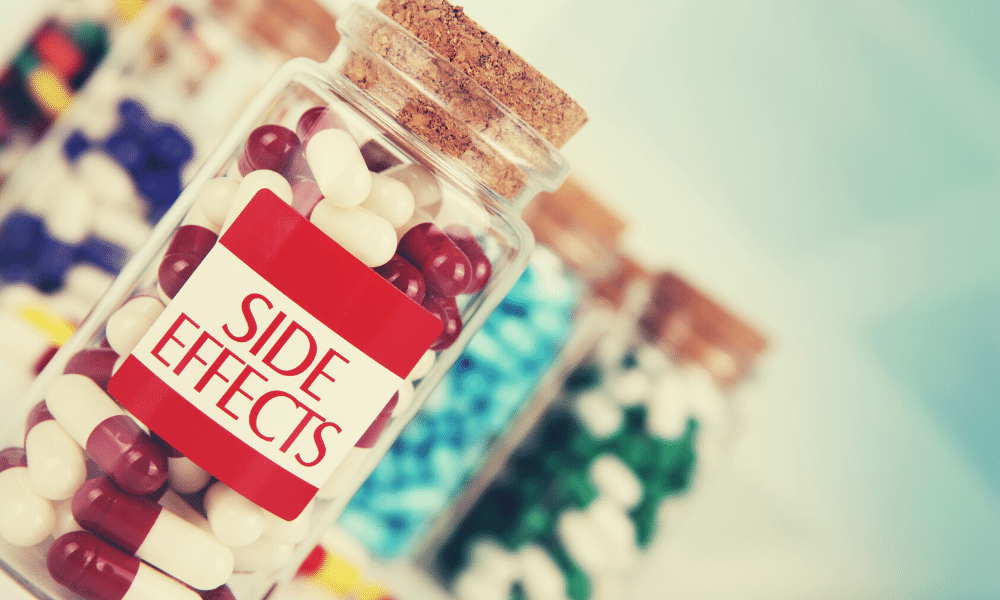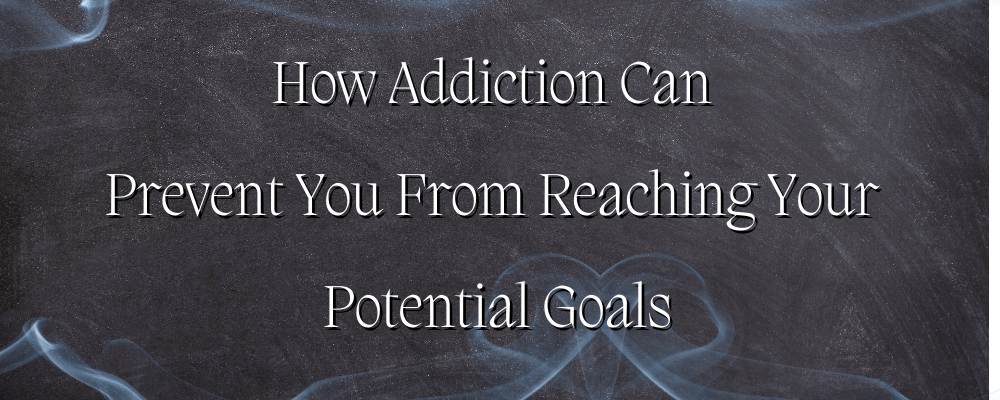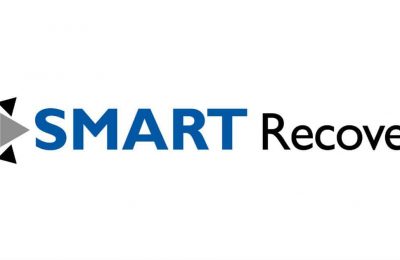How Addiction Can Prevent You From Reaching Your Potential Goals
Millions of people are affected by drug addiction every year. A person may believe that all is well in their lives and that the drug addiction is under control.
Some people believe that their addiction is helping them reach certain goals. However, addiction can often take over a person’s entire life and cause them to lose sight of reality.
Many people suffering from addiction are unable to do all they wish to do. Addiction can often be a major roadblock to reaching your full potential.

Definition of addiction
According to the National Institute on Drug Abuse, drug addiction is a “chronic, often relapsing brain disorder that causes compulsive drug use and seeking, despite the harmful consequences for the addict and those around him/her.”
This explains how drugs alter brain chemistry and how the brain functions. Drugs alter the brain’s communication system, by either mimicking brain neurotransmitters or making the brain release too many neurotransmitters.
Both of these effects can lead to brain dysfunction and make it more difficult for the brain not to produce its neurotransmitters.
These are some of the characteristics that can lead to drug abuse and addiction
Although anyone can become addicted to drugs, some people can be more inclined to drug abuse or addiction. According to the National Institutes of Health, people who abuse drugs or become addicted to them are more likely to have one or more of these characteristics.
- A mental illness such as schizophrenia, bipolar disorder, depression, or anxiety.
- Access to drugs is easy
- Low self-esteem
- Relationships are difficult
- High levels of stress
Some people are more likely to develop an addiction if they live in a society where drug use is accepted.
The stages of drug addiction
The NIH explains that drug dependence usually develops over time, through certain stages.
- The person may experiment with the drug, but only occasionally.
- Regular use: They start using the drug regularly and then change their lifestyles to accommodate it.
- Daily preoccupation: The person is more focused on drugs than any other aspect of their lives, and may start using other drugs.
- Dependence: A person becomes dependent on drugs, even though they deny that there is a problem. Their physical condition worsens and their relationships with their loved ones suffer severe damage.
Once addiction sets in, the brain’s reward systems are rewired to require the drug to function normally. The addict no longer feels the need to get high but is driven by the need to survive the day.

Drug Addiction and its Effects
These stages indicate that an addict has difficulty leading a productive and fulfilling life. They might have difficulty achieving their full potential or may struggle with a variety of issues.
According to the Mayo Clinic, there are several possible addiction-related issues.
- Problems with mental and physical health
- Addiction nails, hair, and teeth become brittle
- Loss of consciousness, coma
- Concealing a communicable illness from needles or unprotected sexual activity
- Accidents
- Poor hygiene
- Suicide
- Conflict in relationships
- Problems at school or work
- Legal questions
- Financial struggles
Addiction can affect many aspects of a person’s life. Addiction can alter brain function and affect the way he/she interacts with others. A person who is addicted will not function at their best.
They are therefore unable to complete many essential tasks in their lives. They must get help for their addiction and stop using drugs to take control of their lives.
Aftercare
It doesn’t mean that someone is free from addiction. It’s a chronic condition, similar to heart disease or diabetes, that requires lifestyle changes to manage. It is crucial that those in recovery from addiction make active efforts to keep sobriety. Relapse is possible if you feel that everything is finished once you have reached maintenance.
Aftercare is a way to keep on track and practice what you have learned in rehab. After completing a rehab program, we recommend that you continue to receive aftercare, whether it is individual therapy, support groups, Physical Fitness Program, or a 12-step meeting.



